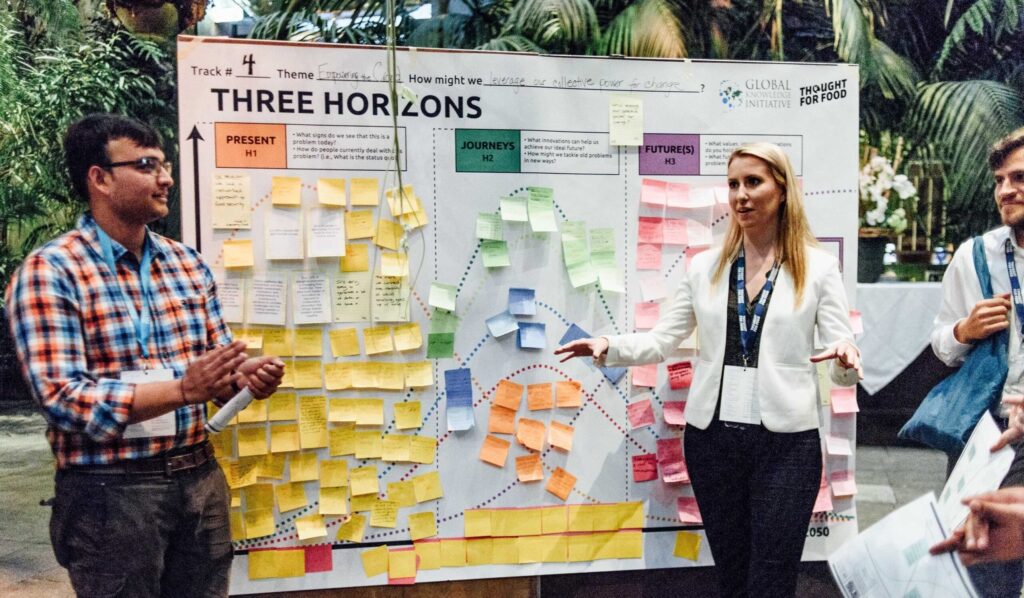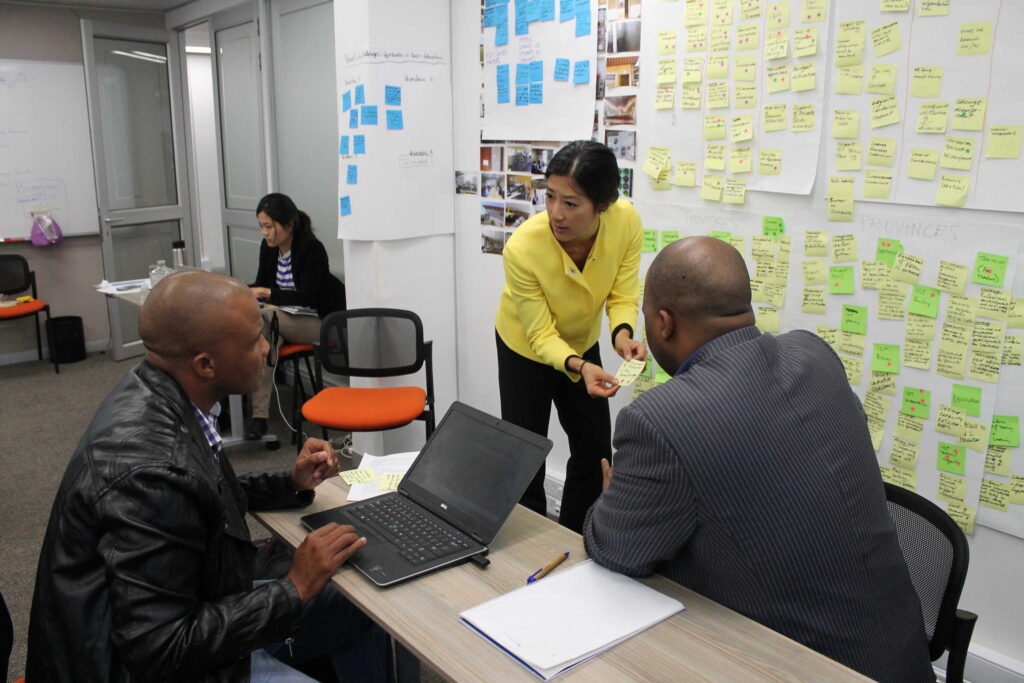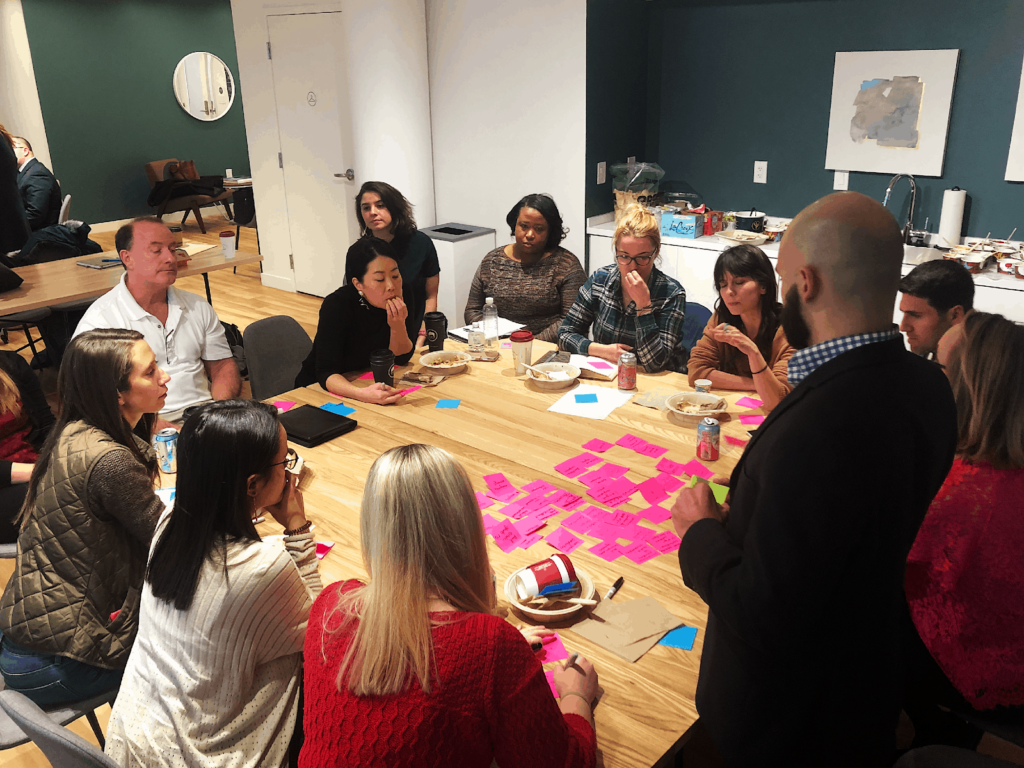How might we boost Afghan leaders’ access to regional and global partners?
LINK: Afghanistan-Pakistan
Challenge
The ties that bind Afghanistan and Pakistan together are both rich and complex. In many ways the cultures, challenges, and opportunities facing the two countries are inextricably linked. But amid high tensions and mistrust, these deep connections often fail to be exploited for good. Many shared regional challenges — in agriculture, water, climate change, and education — go unaddressed. Many solvable problems go unresolved. These neighbors need new, creative ways to connect people with the expertise and commitment to solve shared problems. New platforms for regional collaboration are required. But taking the first steps toward collaboration in such a fractious environment can be risky. Sometimes, a third party is needed to mobilize action and show people what is possible.
Solution
“The challenges we face cannot be addressed by a single country. We must join hands at a regional level.”
– LINK workshop participant
In 2011, GKI partnered with the Richard Lounsbery Foundation to test whether LINK could mobilize regional collaboration on agriculture and water challenges shared between Afghanistan and Pakistan. Before piloting LINK, we needed more information. So GKI organized a two-day exploratory workshop in Islamabad that brought together Afghan and Pakistani leaders in higher education and research. Enthusiasm for programs was evident. Plans for collaboration projects were assembled through a hands-on facilitation run by the GKI team and supported by the Organization of the Islamic Conference Ministerial Committee on Scientific and Technological Cooperation (COMSTECH). Encouraged by the partnership potential displayed, GKI decided to move forward with LINK on a provisional basis. Our international technical committee named a joint team from Kabul University and the University of Agriculture, Faisalabad as the LINK winner. The team’s goal: set up a joint seed technology research and training program to modernize techniques used at Kabul University. Unfortunately, the security situation at the time precluded GKI from offering hands-on training and networking support. Instead, we focused our efforts on building connections between the team and US agricultural experts, and on answering key questions about Afghanistan’s seed industry that were critical to the team’s efforts.
Results / Outcomes
- Overcame substantial logistical, political, and other obstacles to convene 18 higher education leaders from Afghanistan and Pakistan in Islamabad in March 2011
- Organized a unique two-day working session among the leaders, with representatives from both countries working alongside one another in an unprecedented fashion
- Solicited collaborative Afghan-Pakistani research and training proposals from the leaders assembled
- Assembled an international technical committee that selected a joint team
- Analyzed Afghanistan’s agricultural innovation system, assembling little-known facts about Afghanistan’s seed industry and highlighting previously undocumented players
- Publicized the winning LINK team to likely network partners, including the US Department of Agriculture and the US Chamber of Commerce
- Learned LINK requires a higher threshold of security and mobility than the Afghanistan-Pakistan region afforded at the time




